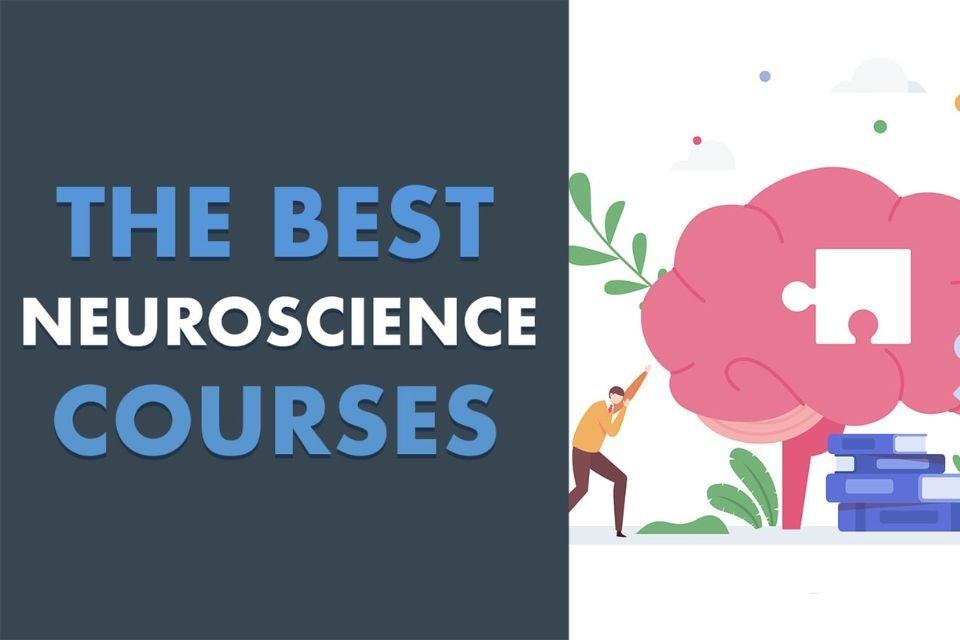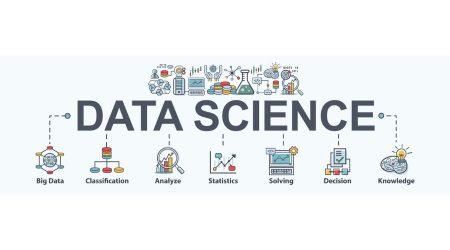EdX Global is a non-profit educational organization founded in 2012 by Harvard University and the Massachusetts Institute of Technology (MIT). Its mission is to provide high-quality online education to people all around the world, and it has partnered with over 150 institutions worldwide to offer a wide range of courses and programs. EdX Global offers courses in a variety of subjects, including business, computer science, humanities, engineering, and more. It provides a platform for learners to access courses for free or for a fee, depending on the type of course and the level of certification desired. In addition, edX offers micro degrees, master’s degrees, and professional education programs that can be taken entirely online. EdX Global also provides a variety of tools to enhance the learning experience, such as discussion forums, interactive assessments, and virtual labs.
Learners can earn certificates upon completion of courses, and some programs offer academic credit that can be applied towards a degree program. Overall, EdX Global is an innovative educational organization that offers high-quality online courses and programs to learners around the world, providing access to education for all. However, you can also check EdX Global for more neuroscience courses.
List Of Neuroscience Courses:
Neuroscience is a fascinating and rapidly growing field that encompasses the study of the nervous system, from the cellular and molecular levels to the behavioral and cognitive levels. However, you can also check neuroscience online courses, neuroscience courses online. For individuals interested in pursuing a career in neuroscience or simply learning more about the field, there are a wide variety of courses available both in-person and online. In this article, we will provide a list of some of the top neuroscience courses available.
1. Introduction to Neuroscience
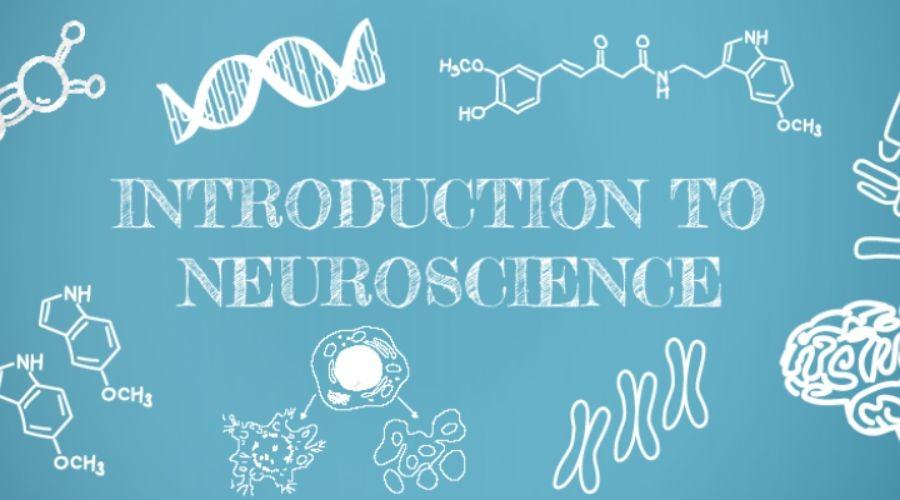
This is a foundational course that covers the basic principles of neuroscience courses, including neural communication, synaptic plasticity, and neuroanatomy. It is typically offered at the undergraduate level.
2. Behavioral Neuroscience
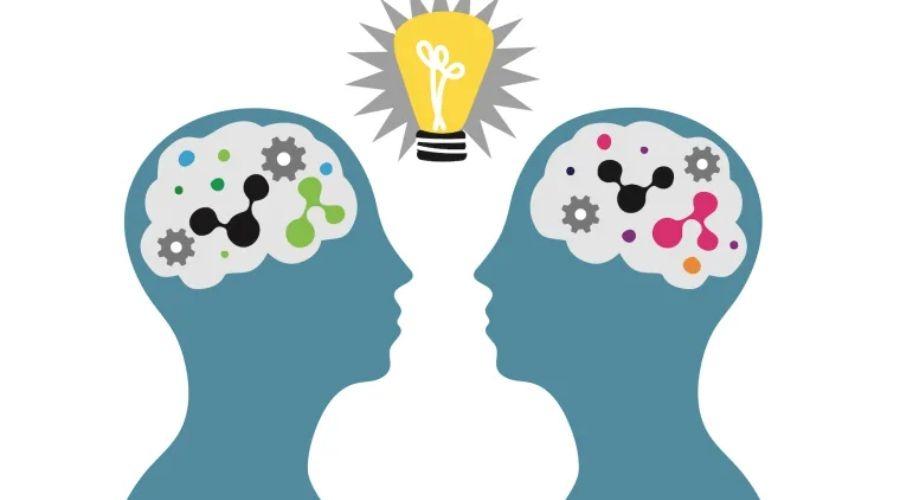
This course explores the relationship between the brain and behavior, covering topics such as motivation, emotion, learning, and memory. It is typically offered at the undergraduate level.
3. Cellular Neuroscience
This is one of the best neuroscience courses that focus on the cellular and molecular mechanisms that underlie the functioning of the nervous system. Topics covered may include ion channels, synaptic transmission, and neurotransmitter systems.
4. Cognitive Neuroscience
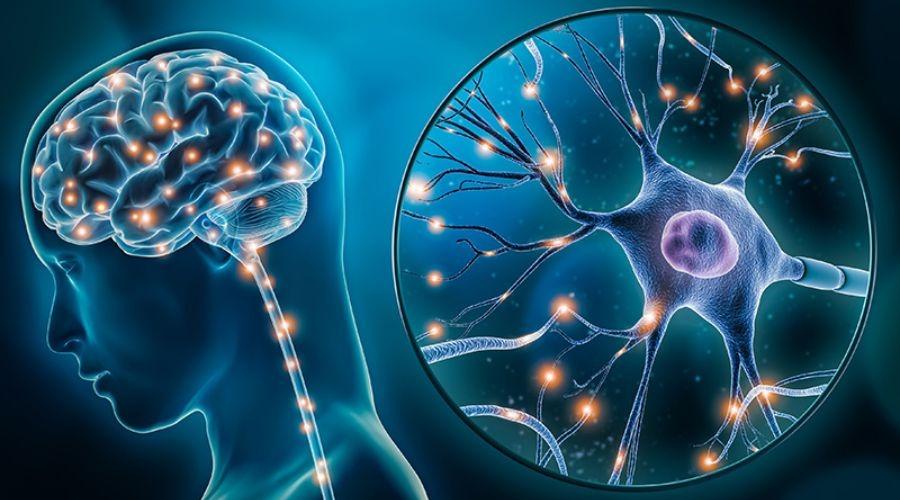
These neuroscience courses explore the neural basis of cognitive processes, including attention, perception, language, and decision-making. It is typically offered at the graduate level.
5. Neuroanatomy
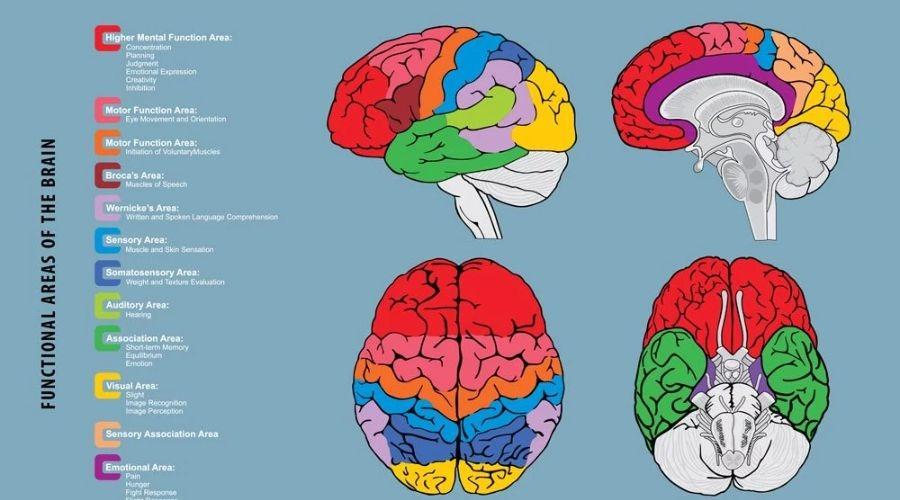
This course provides an in-depth study of the structure of the nervous system, including the brain and spinal cord. Topics covered may include the organization of the cerebral cortex, the functions of different brain regions, and the pathways that connect them.
6. Neuropharmacology

This course explores the effects of drugs on the nervous system, including both therapeutic and recreational drugs. Topics covered may include the mechanisms of drug action, drug abuse, and addiction.
7. Neuroimaging
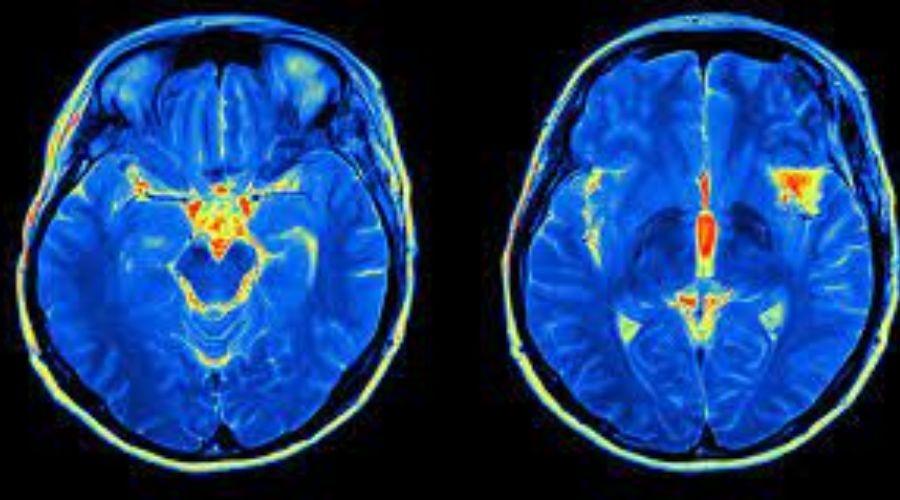
This course covers the use of imaging techniques, such as MRI and fMRI, to study the structure and function of the brain. Topics covered may include the principles of neuroimaging, the interpretation of imaging data, and the applications of neuroimaging in clinical and research settings.
8. Developmental Neuroscience
This course explores the processes by which the nervous system develops and matures, from the earliest stages of embryonic development to adulthood. Topics covered may include neuronal differentiation, synaptogenesis, and the effects of experience on brain development.
9. Systems Neuroscience
This course provides an overview of the functioning of neural circuits, including sensory processing, motor control, and higher-order cognition. Topics covered may include the organization of neural circuits, the integration of sensory information, and the control of movement.
10. Computational Neuroscience

This course explores the use of mathematical and computational techniques to model and understand the functioning of the nervous system. Topics covered may include neural coding, information processing, and neural network models.
11. Clinical Neuroscience
This course covers the diagnosis and treatment of neurological and psychiatric disorders, including epilepsy, stroke, and schizophrenia. Topics covered may include the neuropathology of different disorders, the mechanisms of drug action, and the development of new therapies.
12. Neuroethics

This course explores the ethical and societal implications of neuroscience research and technology, including issues related to neuroenhancement, brain imaging, and the use of animal models.
These are just a few of the many neuroscience courses available, and the specific courses offered may vary depending on the institution and level of study. However, all of these courses provide a valuable introduction to the exciting and rapidly evolving field of neuroscience and are a great starting point for anyone interested in pursuing a career in this field.
Conclusion
In conclusion, the field of neuroscience is a fascinating and rapidly evolving area of study that encompasses a wide range of topics, from the molecular and cellular levels to the cognitive and behavioral levels. There are many courses available for individuals interested in pursuing a career in neuroscience or simply learning more about the field. These courses provide a valuable foundation for understanding the functioning of the nervous system and the many ways in which neuroscience research is impacting our understanding of the brain and behavior. Moreover, you can also check Findwyse for Neuroscience Courses.




